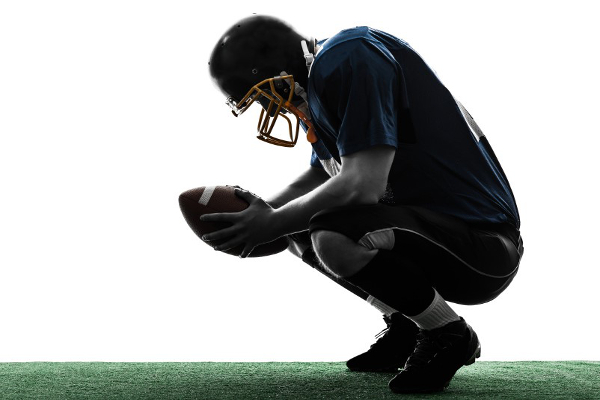Hey! Did you know that nearly 46 point6 millions of people are dealing with mental illness in the USA? That is almost like everyone in five adults are living with some or the other mental health condition or had one at some point of time in their life. Most people manage their mental health conditions or symptoms with the help of medication, therapy, or eating a healthy diet and of course exercising. There are several researches out there that talk about how exercising regularly can boost positive moods and helps improve the overall mental health of a person. When you move your body, you tend to increase the happy hormones or endorphins and Also the enkephalins which are the two natural hormones in our body that help us feel better. It gives us the time to concentrate on our bodies amidst our busy lives.

However, on the contrary playing sports doesn’t really make athletes immune from falling prey to any mental health challenges. Living the life of an athlete can be incredibly challenging especially for that person’s mental health. Athletes undergo severe pressure to perform well in their game. And they continue to go through this pressure every single time they play their game be it in their first year or in the last year just before they take their retirement. And if you are a student athlete, you can add a few more dollops of pressure because you need to maintain your class homework and keep your grades at the top alongside practicing your game. And if you are an athlete and develop an injury or get hurt, the expectations for you to recover faster is unreal.
Certain researches that were conducted among college athletes show that nearly 33% of athletes who are college students experience severe symptoms of depression, anxiety or any other kind of mental health condition. And in that group of 33% of people, 30% have said to seek help. But when you are in college, you seldom understand you have a mental health condition and forget about asking help to fight it out. There is another data that shows that even in the world of elite athletes we are talking about the ones who participate in Olympics, there is a 35% of existence of athletes suffering from mental health crisis which manifests in the form of eating disorders, burnout, depression, anxiety or stress.
But there are world-renowned athletes such as the famous Olympic swimmer Michael Phelps, NBA player Kevin Love, or the USC volleyball player Victoria Garrick who have been vocal about their struggles with mental health And are inspiring other athletes to seek help and also support the cause.
The Olympics has begun to care
Currently, the Olympics organization has also realized the importance of mental health and has raised several awareness programmes and supports to mobilize efforts in conditioning recovery from mental health. The IOC also known as the international Olympic Committee has put across various initiatives and tools in order to provide support to athletes’ mental health and their well-being. Some of the major initiatives are:
- The mentally fit helpline
- The IOC mental health in elite athletes toolkit
- The educational and expert lead content available on at least 365
The IOC has considered athletes mental health to be the topmost priority and when Covid 19 pandemic began, there was a postponement of the Olympic games Tokyo 2020 almost a year. And this postponement threw light on the various challenges of elite athletes. They had to come forward in order to support the well-being of athletes whether they were on the field or off the field of play. The need for mental health attention for athletes gained more momentum when Simon Biles, a US artistic gymnast decided to step back from competition at Tokyo 2020 to prioritize her mental well-being. She said, “It’s okay to not be okay.” In her exclusive interview which was published in olympics.com, biles refers to young women who are taking part in her gold over America tour saying that she hopes that people realize that it is definitely okay to not be okay. You need to speak up for what you truly believe in and you can do that alone. Sometimes one needs to get up and pick themselves back up!
The entire world applauded Symons decision to put forth her mental health ahead of the Olympics and call it quits.
Let us understand the various initiatives that are taken for athletes’ mental health by the Olympic organization.
IOC mental health in elite athletes toolkit
This initiative was launched in the early spring of 2021 and it has been designed to provide assistance for Olympic movement stakeholders to implement initiatives concerned to the promotion and protection of mental health among elite athletes. This toolkit is considered to be a joint initiative by the scientific commission and IOC medical along with IOC athletes and athletes entourage commissions. This initiative throws light on the different mental health symptoms and disorders that are commonly found in elite athletes. And it also throws light on the different responsibilities and roles of key stakeholder groups to create an environment that is psychologically safe for athletic practices. It also provides additional information and resources, and educational programs related to mental health.
The mentally fit helpline
This was introduced for the Paralympic games Tokyo 2020 as well as Olympic and Paralympic Winter games Beijing 2022. It is a dedicated helpline service offering 24 hours well-being and mental health support to competing athletes. It is said to be staffed with expert counselors and is available in nearly 70 languages.